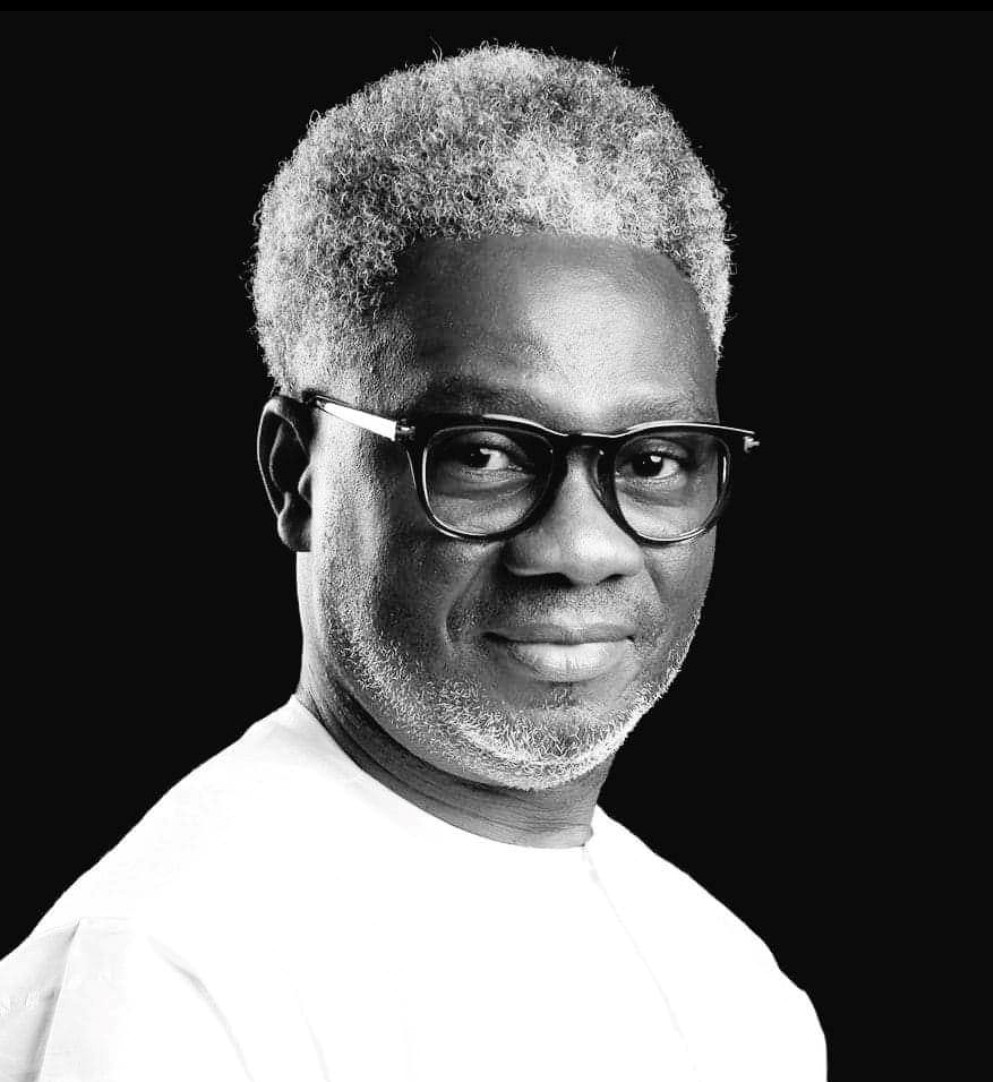Shifting to a low-carbon economy can unlock new jobs and opportunities but it must be done in a way that is as socially and economically fair as possible for everyone, according to on-the-ground case studies contained in a new report from UN Climate Change.
“To ensure no one is left behind, countries need just transition and economic diversification policies that are comprehensive, inclusive, and based on social dialogue and stakeholder engagement,” said James Grabert, Director of Mitigation at UN Climate Change. “These policies need to be integrated into national climate action plans, as well as in national adaptation plans, to avoid exacerbating inequality.”
The concept of a ‘just transition’ recognizes that a shift to a more sustainable economy can have significant impacts on workers and communities that are currently dependent on fossil fuels. A just transition means transforming the economy and economic system in a way that is as fair and inclusive as possible to everyone concerned, creating decent work opportunities and leaving no one behind.
The report, which was prepared by the Katowice Committee of Experts on the Impacts of the Implementation of Response, compiles some of the best practices from different countries that are already implementing just transition and economic diversification strategies.
In 2018, the Nigeria Labour Congress launched a joint project with Friends of the Earth Nigeria on just transition in two sectors – agriculture and petroleum
Examples range from social protection for factory workers in Bangladesh where fast fashion is shifting to more sustainable business models to just transition agreements in Spain where coal-fired power plants are being replaced by wind farms and photovoltaic plants.
The report finds that including training and skill-development initiatives in national climate action plans and electricity roadmaps can create equitable and long-lasting energy policies. The report highlights the Marshall Islands’ Island Eco initiative, which provides technical training to women to assemble, install, operate, and maintain solar-powered equipment, helping the country achieve its goal of 100 per cent renewable energy by 2050. The initiative is also contributing to the creation of decent work conditions in the country.
In Denmark, a former shipyard has been transformed into an industrial park, housing 100 different companies in the renewable energy sector. More than 3,000 workers lost their jobs when the shipyard closed in 2012. In the immediate aftermath of the decision to close the shipyard in 2009, a public-private partnership, Lindø Offshore Renewables Center, was established to transform the site into an industrial park for the wind and renewable energy industry. Today, more than 2,500 people are employed across the 100 companies operating on the Lindø site, and an additional 3,000 people are employed in local industry and hospitality supporting the site.
The report underscores that there is no ‘one size fits all’ approach when it comes to just transition. Just transition strategies must be tailored to each individual country.
In Nigeria, for example, just transition needs to be seen through the lens of adapting to the impacts of climate change. Roughly 70 per cent of Nigerians work in farming or fishing. But the country is facing steep declines in agricultural productivity due to extreme weather events and more frequent and severe drought. There is widespread recognition that new jobs and methods of production are needed.
In 2018, the Nigeria Labour Congress launched a joint project with Friends of the Earth Nigeria on just transition in two sectors – agriculture and petroleum. The project has two goals: build a shared understanding and political agenda between Nigerian trade unions, civil society and communities regarding what a just transition would look like for these two sectors in Nigeria; and develop models and best practices for other unions.
Read the full report here.



















